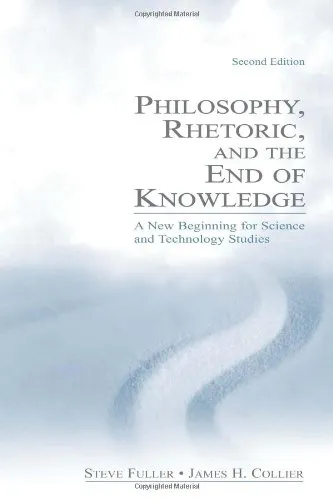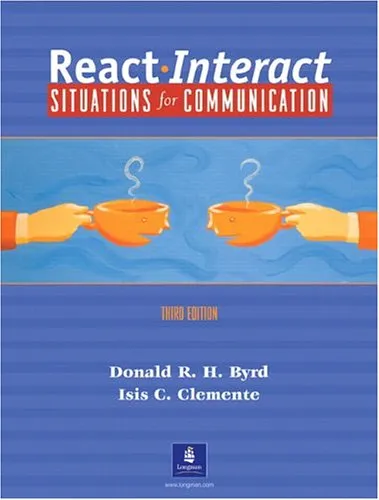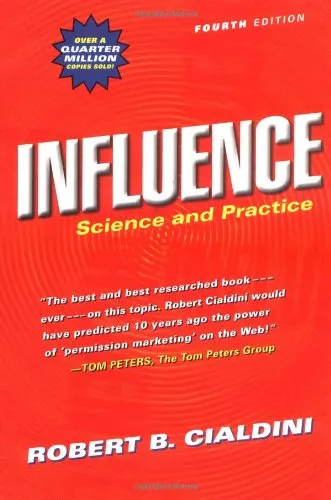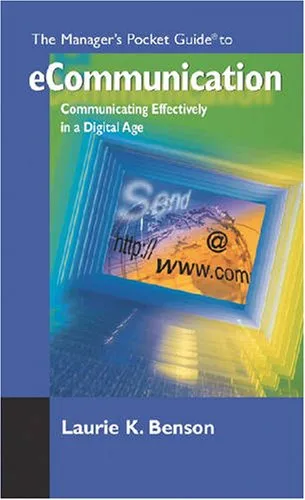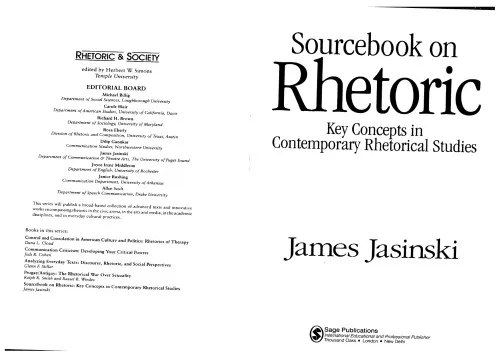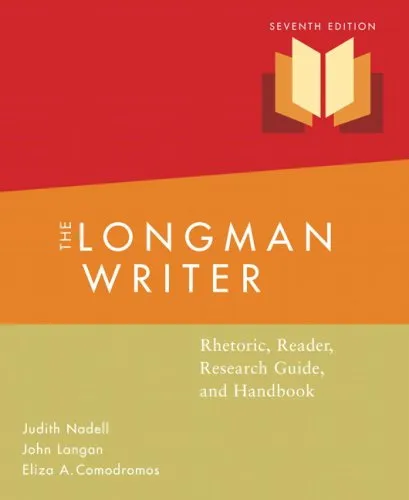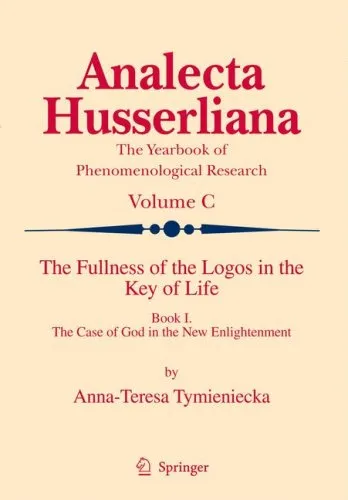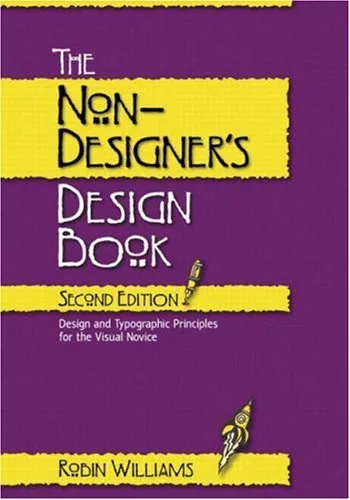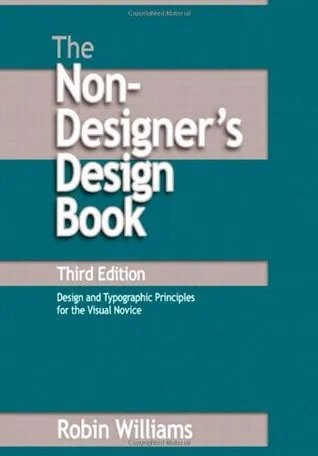Philosophy, Rhetoric, and the End of Knowledge: A New Beginning for Science and Technology Studies
4.0
Reviews from our users

You Can Ask your questions from this book's AI after Login
Each download or ask from book AI costs 2 points. To earn more free points, please visit the Points Guide Page and complete some valuable actions.Related Refrences:
Introduction
"Philosophy, Rhetoric, and the End of Knowledge: A New Beginning for Science and Technology Studies" is a landmark text that bridges the intricate domains of philosophy, rhetoric, science, and technology studies (STS). Authored by Steve Fuller and James H. Collier, this book investigates the evolving epistemological frameworks that define the modern scientific enterprise. Its bold approach challenges traditional assumptions, offering readers a critical and innovative exploration of how knowledge is constructed, communicated, and legitimized in scientific and technological contexts.
The book is essential for interdisciplinary audiences interested in the intersections of epistemology, sociology of knowledge, and communication theories. By redefining how we perceive the rhetoric of science, the authors encourage scholars, policymakers, and practitioners to rethink the way scientific knowledge interacts with societal needs and values. The book's ambitious goal of reconceptualizing STS is both timely and provocative, especially in an era where epistemological stability is increasingly questioned by rapid advancements in science and technology.
Detailed Summary of the Book
The book unfolds in a systematic yet thought-provoking manner, providing a compelling critique of contemporary science while offering new directions for understanding its potential.
Fuller and Collier start by addressing the historical trajectory of epistemology and its dependence on Cartesian ideals of objectivity. They argue that these ideals are becoming obsolete as science advances into new methodological territories. Through nuanced discussions, they suggest that the current enterprise of knowledge production is steeped in rhetoric, a fact often overlooked or dismissed in favor of so-called "neutral" scientific methods.
The authors weave together diverse theories, drawing from classical philosophy, postmodern critiques, and contemporary social sciences. They propose that rhetoric should no longer be seen as peripheral to knowledge-making but as central to how scientific ideas gain traction and legitimacy. By emphasizing the persuasive dimensions of scientific rhetoric, they reveal how knowledge is as much a product of communicative strategies as it is of experimentation and reasoning.
Additionally, the book explores the implications of this rhetorical understanding of science for public policy, technology development, and education. In doing so, it provides a framework that not only critiques but also equips readers with tools for engaging with science and technology in productive and socially responsible ways.
Key Takeaways
- The construction of knowledge is deeply intertwined with rhetorical practices.
- Science and technology require interdisciplinary approaches to fully appreciate their societal impacts.
- Objective knowledge, as traditionally understood, is being redefined in the face of scientific and technological advancements.
- Rhetoric is not merely a tool for persuasion but a foundational element of knowledge production.
- A new framework for Science and Technology Studies is crucial for addressing contemporary epistemological challenges.
Famous Quotes from the Book
Here are some thought-provoking excerpts that capture the essence of this groundbreaking work:
"Knowledge is neither purely discovered nor invented—its creation is steeped in the art of persuasion."
"The end of knowledge is not a termination but a transformation, urging us to rethink the purpose and potential of science in an interconnected world."
"Science, long heralded as the objective pursuit of truth, emerges here as a rhetorical enterprise embedded in societal norms and values."
Why This Book Matters
The significance of "Philosophy, Rhetoric, and the End of Knowledge" lies not only in its intellectual rigor but also in its timely message for contemporary discussions of science, technology, and society.
In a world increasingly driven by data, algorithms, and technological progress, how we understand and utilize knowledge is more critical than ever. This book provides a profound yet accessible critique of traditional epistemological models, urging readers to appreciate the social and rhetorical dimensions of scientific inquiry. It challenges the prevailing notion of objectivity, offering instead a vision of science that is inclusive, adaptable, and attuned to societal needs.
Moreover, the book's interdisciplinary framework makes it relevant to a wide range of audiences, from philosophers and social scientists to technologists and policymakers. By questioning the foundations of knowledge creation, the book opens up possibilities for innovative approaches to problem-solving and decision-making in an age of complexity and uncertainty.
In essence, "Philosophy, Rhetoric, and the End of Knowledge" is a call to action—a reminder that the future of science and technology depends on our willingness to embrace critical thinking and collaborative engagement.
Free Direct Download
You Can Download this book after Login
Accessing books through legal platforms and public libraries not only supports the rights of authors and publishers but also contributes to the sustainability of reading culture. Before downloading, please take a moment to consider these options.
Find this book on other platforms:
WorldCat helps you find books in libraries worldwide.
See ratings, reviews, and discussions on Goodreads.
Find and buy rare or used books on AbeBooks.
1365
بازدید4.0
امتیاز0
نظر98%
رضایتReviews:
4.0
Based on 0 users review
Questions & Answers
Ask questions about this book or help others by answering
No questions yet. Be the first to ask!
